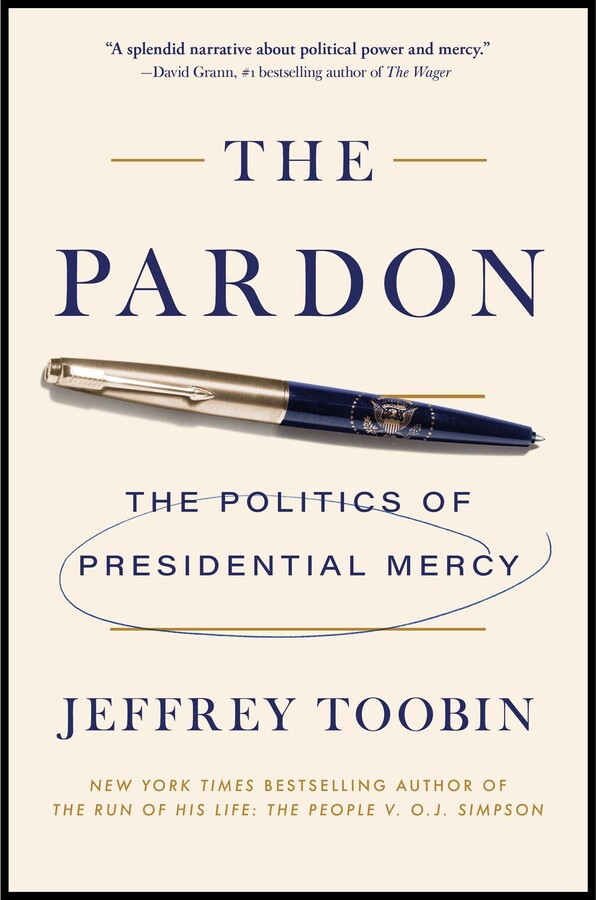Despite his earnest desire to undo Nixon’s legacy, Ford’s pardon was itself an assertion of the imperial presidency. That’s because the pardon is an inherently Caesarean implement. In every other facet of the American system, carefully installed safeguards are designed to limit the authoritarian exercise of power. But there is no curb on the pardon other than the conscience of the executive issuing one. Presidents tend to tacitly admit that they are misusing this authority when they sheepishly hoard pardons for the final hours of their administration, waiting for the moment when there’s no political price to pay and hoping that their shabby behavior is drowned out by the inaugural hoopla.
By absolving his former patron, Ford helped create a new Washington ritual: the moment when presidents release their cronies, friends, and family from the bonds of justice. George H. W. Bush sprinkled his magic forgiveness dust over Casper Weinberger, Robert McFarlane, and Elliot Abrams, among others, letting them off the hook for the Iran-Contra scandal. Bill Clinton bailed out the financier Marc Rich, whose alleged crimes included buying oil from Iran in defiance of an embargo. (Rich’s wife was a generous donor to Clinton.) And then Joe Biden had the temerity to pronounce himself a defender of the rule of law before he used his presidential powers to insulate his own family from potential prosecution.
Over the past few weeks, Donald Trump has exposed the flimsiness of American institutions. Pressure-tested by his audacious assault on the civil services, those institutions instantly folded. But when a bridge tumbles into a river, the rivets and bolts don’t suddenly fail. They erode over generations. This is what happened in Washington: The unfettered power of the president kept expanding, Congress entered a state of sclerosis, the parties became apologists for their leaders, and courts fell into the hands of ideologues. As Toobin depressingly shows, even upstanding nice guys like Gerald Ford played their part in the collapse.
